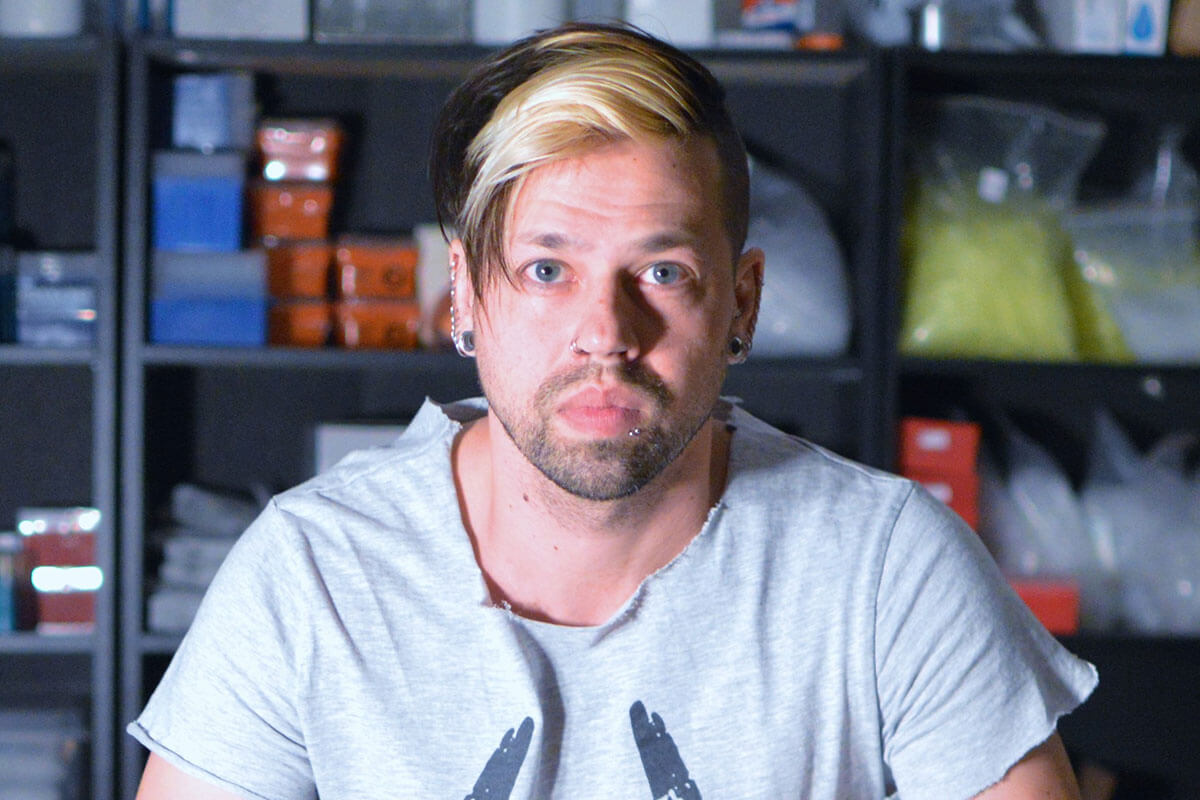Psilocybin, the active ingredient in “magic mushrooms,” still shows promise as a natural treatment for depression. In fact, in a recently published study, reduced symptoms were recorded weeks after depressed patients supplemented the fungi. Moreover, before and after brain scans showed major changes in brain activity associated with depressive symptoms.
This study was conducted by researchers at Imperial College London. 20 patients with treatment-resistant depression received two doses of psilocybin (10 mg and 25 mg) one week apart. 19 had brain imaging done before the treatment and “after” scans were taken after the second treatment. The MRI pictures were used to compare changes in blood flow and in communication between the brain regions.
Researchers first saw reduced blood flow in the temporal cortex. Also, they observed decreased blood flow in the amygdala, a small, almond-shaped region that helps to process emotional responses (like fear, stress, and anger). An important relationship between decreased blood flow in the area and reduced depressive symptoms was noted.
Participants filled out questionnaires to report on their mental states. They noted a lightening of their depression after the treatments, as well as the feeling that their brains had changed somehow.
The finding offers an interesting glimpse into brain networks, which disintegrate under the influence of psychedelics but possibly re-integrate afterward. It also supports previous research that suggests that psilocybin is more effective at dissolving the root cause of mental conditions, such as depression and anxiety, than pharmaceutical drugs.
In a recent study, Dr. Robin Carhart-Harris compared these two approaches. He discovered that participants that supplement with psilocybin often experience a cathartic “release” whereas folks that are prescribed pharmaceutical drugs regularly feel emotionally “blunted.”
This study provides more evidence for psilocybin’s potential as an antidepressant. More research is needed, of course. Nevertheless, the future is hopeful for people who suffer from painful and sometimes debilitating mental conditions.
















COMMENTS